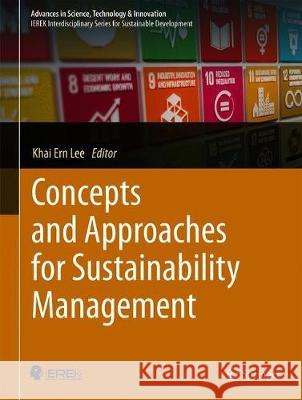Concepts and Approaches for Sustainability Management » książka
topmenu
Concepts and Approaches for Sustainability Management
ISBN-13: 9783030345679 / Angielski / Twarda / 2020 / 118 str.
Concepts and Approaches for Sustainability Management
ISBN-13: 9783030345679 / Angielski / Twarda / 2020 / 118 str.
cena 481,91
(netto: 458,96 VAT: 5%)
Najniższa cena z 30 dni: 462,63
(netto: 458,96 VAT: 5%)
Najniższa cena z 30 dni: 462,63
Termin realizacji zamówienia:
ok. 22 dni roboczych.
ok. 22 dni roboczych.
Darmowa dostawa!
Kategorie BISAC:
Wydawca:
Springer
Seria wydawnicza:
Język:
Angielski
ISBN-13:
9783030345679
Rok wydania:
2020
Dostępne języki:
Numer serii:
000824463
Ilość stron:
118
Oprawa:
Twarda











